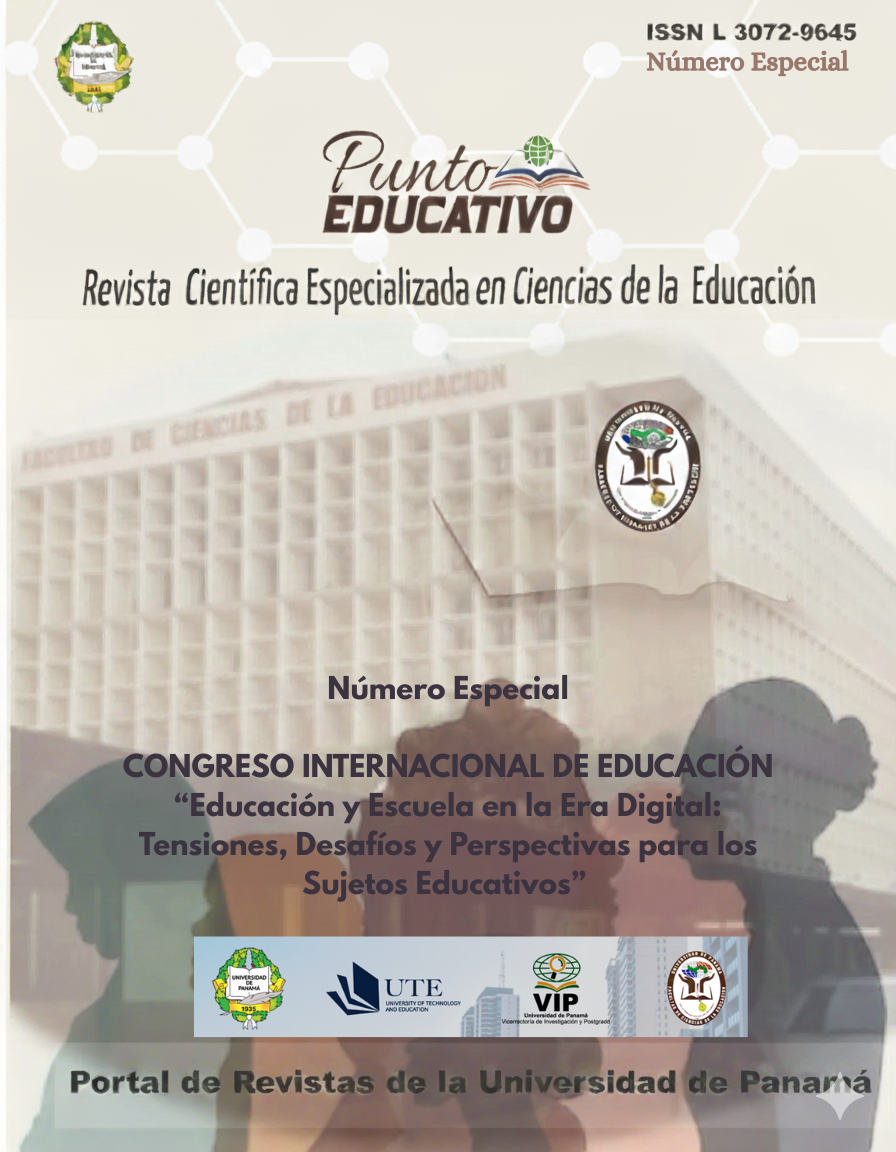

Copyright (c) 2025 Punto educativo

This work is licensed under a Creative Commons Attribution-NonCommercial-ShareAlike 4.0 International License.
In the educational context, social representations as a research method have occupied a space to understand different phenomena that underlie the collective or individual lived experience of these people. This study aims to reveal the conceptions of social representations that school representatives have built about democratic practices and knowing how to choose in the Santa Maria and Guateque Educational Institutions of Monteria - Colombia. It will be guided by the Interpretive paradigm with a qualitative approach; the methodological design will be the combination of the hermeneutic phenomenological method and that of social representations. Among the techniques will be the phenomenological interview and reflective observation. As an instrument for collecting information will be the reflective observation questionnaire and the comprehensive interview questionnaire. The population will be secondary school teachers, teachers and parents of the three educational institutions. The sample will be intentional by criteria; its size is 26 key informants. The results of the state of the art show that Democratic Practices and the act of Knowing how to Choose School Representatives, have already been partly the subject of some research in recent times from social representations, but the act of knowing how to choose school representatives presents conceptual gaps and there is little concrete evidence of its approach in the scientific field. Among the conclusions is that there is a need to create knowledge that allows improving decision making by the school community from its school representatives. To delve deeper into democratic practice and the act of knowing how to choose school representatives as a means of understanding the existing reality.